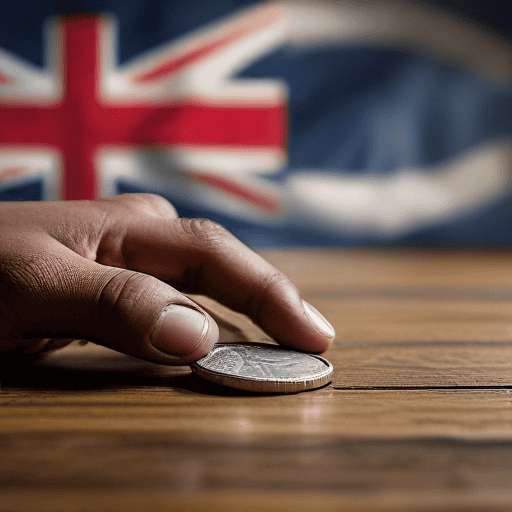Adi Finau Tabakaucoro, president of Soqosoqo Vakamarama iTaukei, has called for a reevaluation of poverty measurement in Fiji. She argues that currently, assessments focus predominantly on income levels rather than the broader aspects of people’s basic needs.
In a recent interview with The Fiji Times, Adi Finau emphasized that the Fijian government currently offers over 40 social protection mechanisms, a figure that surpasses similar initiatives in other Pacific island nations. This includes social welfare programs aimed at assisting the underprivileged and support systems for the elderly, such as bus vouchers for transportation.
According to Adi Finau, many discussions surrounding poverty often overlook the state’s role in alleviating these issues. She referenced living conditions in countries like Bangladesh and the Philippines, where dire circumstances such as the absence of water or employment are present, contrasting them with the situation in Fiji where individuals choosing to sleep on the streets often cite a preference for autonomy over stricter living arrangements with relatives.
She highlighted Fiji’s healthcare access, noting that every district and maritime island has a health center, typically staffed by at least one nurse. Adi Finau posed the question of whether any other Pacific nation provides such extensive healthcare coverage and reiterated the importance of community engagement to maximize the resources available.
This renewed perspective on poverty measurement in Fiji suggests a hopeful direction towards a broader understanding of the factors that contribute to poverty, encouraging a more effective approach in addressing the challenges faced by vulnerable populations. By shifting the focus from purely economic metrics to a more holistic assessment of well-being, there is potential for more effective policies and programs to support those in need.
This initiative is a reminder that thriving communities are built not just on economic stability but on the foundational elements of health, education, and basic needs that foster resilience and independence.

Leave a comment